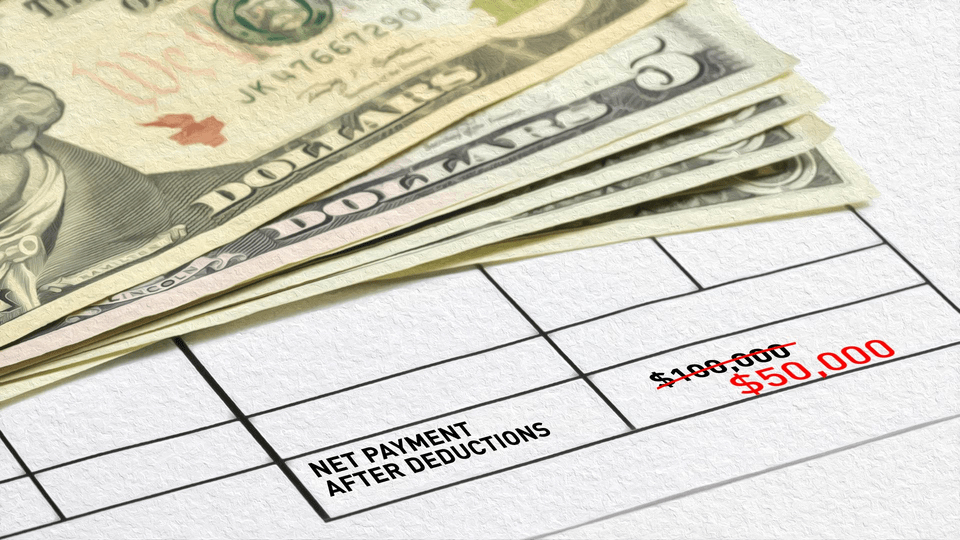That's incorrect. The more salaries increase, the more companies invest in capital to eliminate labor. Think about all the grocery stores (and other retailers) who have introduced self-check out registers. No clerk needed. Or, fast food places that have encourage you to order from a kiosk or your phone app -- faster, yes, but also eliminates a register clerk. Major manufacturers have been replacing labor with robots for years; one cost advantage of Tesla's operation. It's a simple cost-benefit calculation that any MBA student can do.
So yes, increasing salaries benefits those that keep their jobs, but also hurts those that get eliminated as their salary goes to zero. The non-partisan Congressional Budget Office even concluded that raising the minimum wage to $15: "[e]mployment would be reduced for 1.4 million workers."




